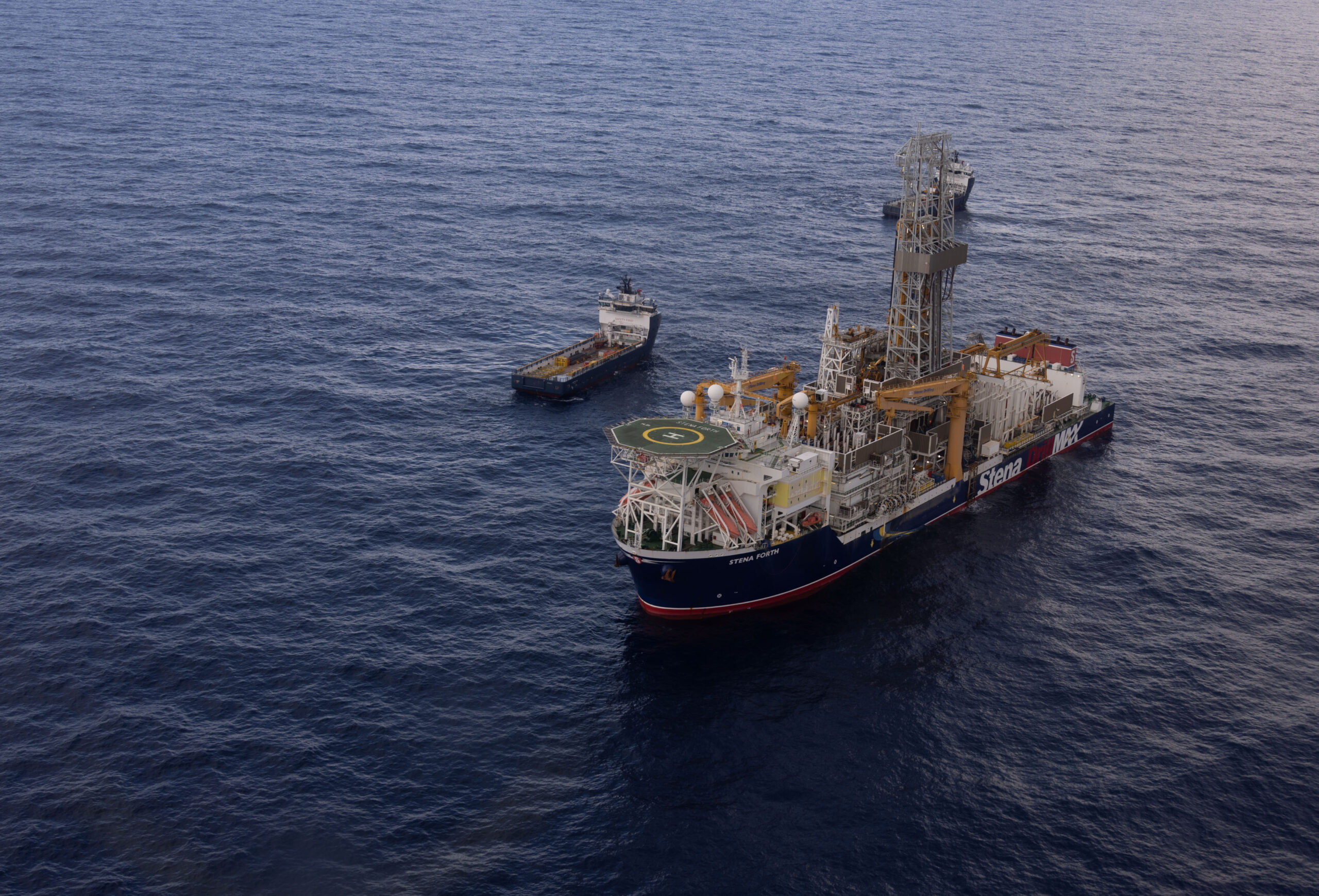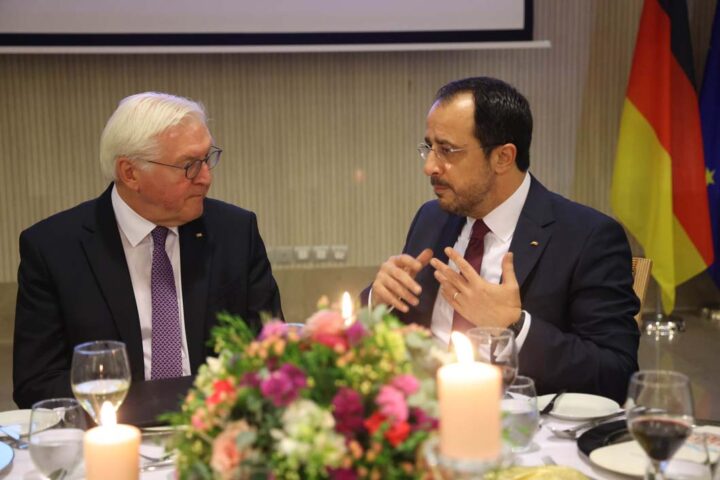Successive governments have declared for over a decade that they want to develop the island’s onshore and offshore resources for Cyprus to become an energy hub, linking the Middle East, northern Africa, and southeast Europe.
Natural gas would be our saviour, as well as neighbours and European partners, a need made more necessary after the war in Ukraine ended Russian exports to the continent, primarily Germany.
All administrations to date have given false hope to the general public that millions would pour into the economy, helping to close gaps and plug financial black holes, with little, if any, amount saved from the licensing fees collected from oil and gas companies.
Instead, the money went straight to the government’s central general account, settling civil service payrolls and not investing in infrastructure and sustainable energy or funding clean and green energy projects.
As with the “golden passports” debacle, a handful of investors benefited from privileged licensing, as is the case of uncontrolled developments for solar parks and wind farms, especially on arable land, with favourable tariffs keeping them profitable.
There was talk of setting up an oil and gas escrow account, collecting energy revenues to benefit both communities of this divided island.
Natgas discoveries were seen as a “game changer” that would help revive peace talks and reunite the country and its people.
Nothing was done, and an opportunity was lost, as a result of which it fuelled Turkish propaganda that the Greek Cypriots were not sharing with the Turkish Cypriots.
As a result, Ankara raised the stakes in the eastern Mediterranean, where it aspires to be the main key player and is drilling on its own, aiming to keep any discoveries for itself.
This has created security concerns and sent shivers down the backs of Western giants exploring south and east of Cyprus waters, near the super-rich discoveries of Egypt and Israel.
Aphrodite
Perhaps that is why Chevron has had cold feet and is hesitant to conclude a deal with the government and push ahead with its plans to pump natural gas from the Aphrodite target in block 12.
Excuses have included revenue sharing, upstream pipelines to liquefaction plants in Egypt, Cyprus’ insistence on a floating production unit, and the recent conflict in Gaza that could spill over to neighbouring countries.
Even the subsea electricity cable linking Israel, Cyprus, and Greece via Crete and onwards to continental Europe has taken a back seat in regional energy plans, with the project snapped from the decade-long operator and served on a silver platter to Greek-Chinese investors.
From the 2027-28 completion timeframe, the new executives are now discussing the end of the decade and beyond, raising doubts about whether Cyprus will ever end its energy isolation or provide energy security.
Without the electricity interconnector, which the current administration opposed vehemently, even next year’s “solar for all” programme could be doomed, with government plans to install subsidised photovoltaic panels on the roofs of all homes feeding this power source nowhere.
The isolated national grid will increasingly reject more electricity supply as storage is too costly, lasts only four hours, and nobody cares about disposing of toxic and expensive battery units in the future, passing the environmental disaster to the next generations.
Everyone seems to be an expert, yet no one dares ask the real experts what Cyprus should do in its energy strategy today, tomorrow and in the next decades, which is why the lights will go out.










